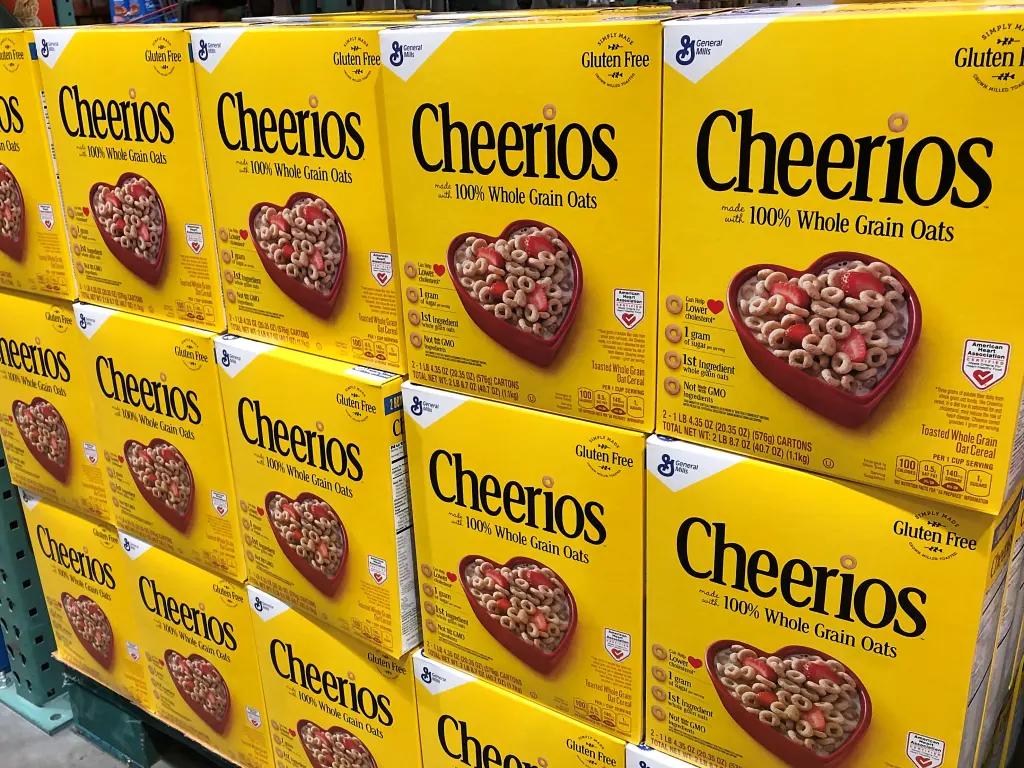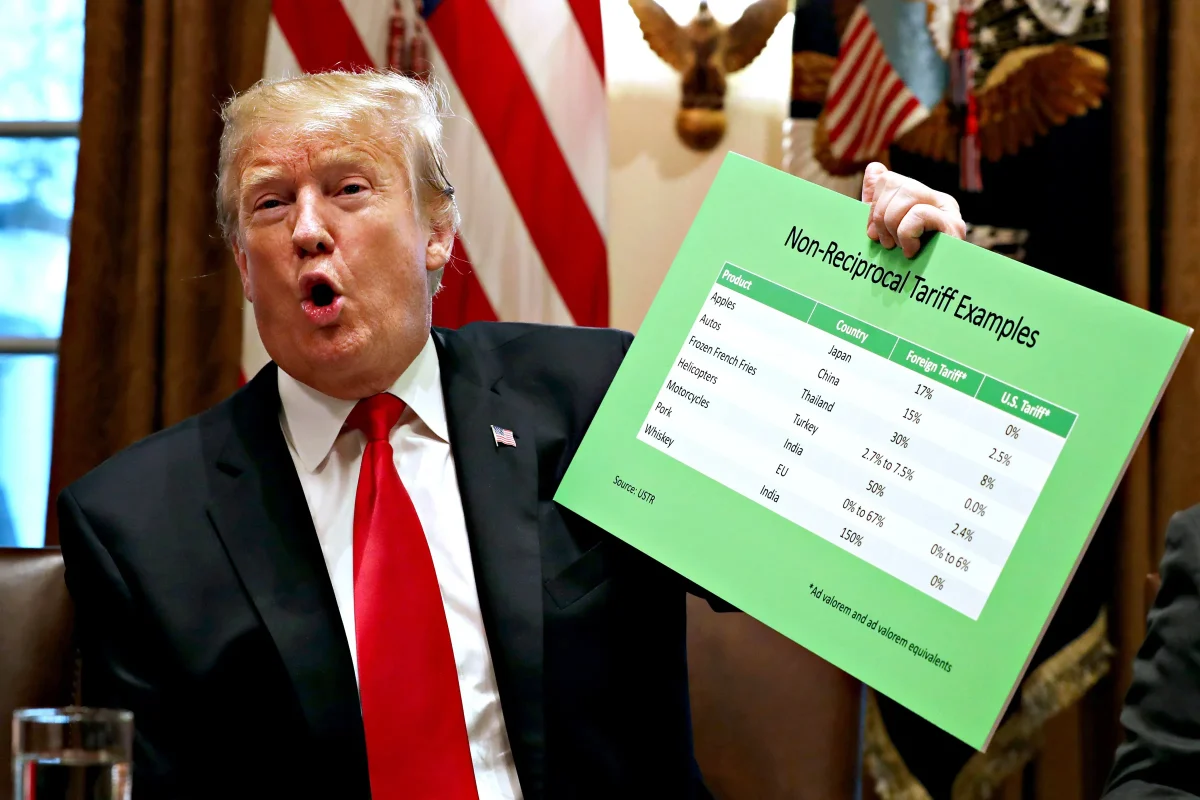Grains have been a big part of human life and advancements, even defining how we developed. Implementing grains in our diet helped improve our energy levels and increase the variety in our lives. Since we first discovered grain, it has led to the development of many major food items that we rely on to help sustain us today. Now, things may be changing for the worse; the grains that once supported our advancement might knock us down a few pegs. Over the past few years, legislation passed increased the levels of pesticides they can use on oats and wheat. As seen multiple times, using pesticides can have detrimental effects on human health, and once again, this is becoming visible.
The chemical pesticide in question is known as chlormequat. According to The Environmental Working group, Chlormequat causes the stems to grow shorter, Preventing the crops stems from bending and even making them easier to harvest. Regulations for levels of chlormequat chloride able to be used on imported goods were set in 2018, then increased for oats in 2020. Chlormequat Chloride has been found in 80% of test subjects from 3 geological areas between 2017 and 2023, showing a higher concentration than in previous years. The subjects with Chlormequat in their system went from 69% in 2017 to 74% in 2018, then spiked to 90% in 2023.
Some wheat and oat based products show similar results after testing. The two foods mentioned specifically were quaker oats and cheerios. They conducted another study with seven organic and thirteen non-organic food items and 20 more oat based products. In the test 92% of the non organic foods showed signs of Chlormequat. Yet only two wheat based products showed signs they were breads and had a low concentration of Chlormequat, and only one organic sample had low levels. The chemical is known to cause reproductive and development problems in animals. There is currently very little knowledge of how this will affect humans.
The EWG stated that the Environmental Protection Agency proposed allowing the use of Chlormequat on barley, oat, triticale and wheat grown in the US under the Biden administration. This decision resulted from Taminco making a request, which is a manufacturer of Chlormequat. The EWG advises people to avoid non-organic products made with oats until parameters are Implemented around Chlormequat and its use. While there is a high possibility you have already been exposed to Chlormequat, lowering your consumption of non-organically produced oat products could be beneficial towards your overall health. In our current world it is very important to be cautious of where the food we eat comes from because of the increased use of dangerous chemicals used to increase quality production.














